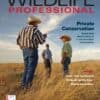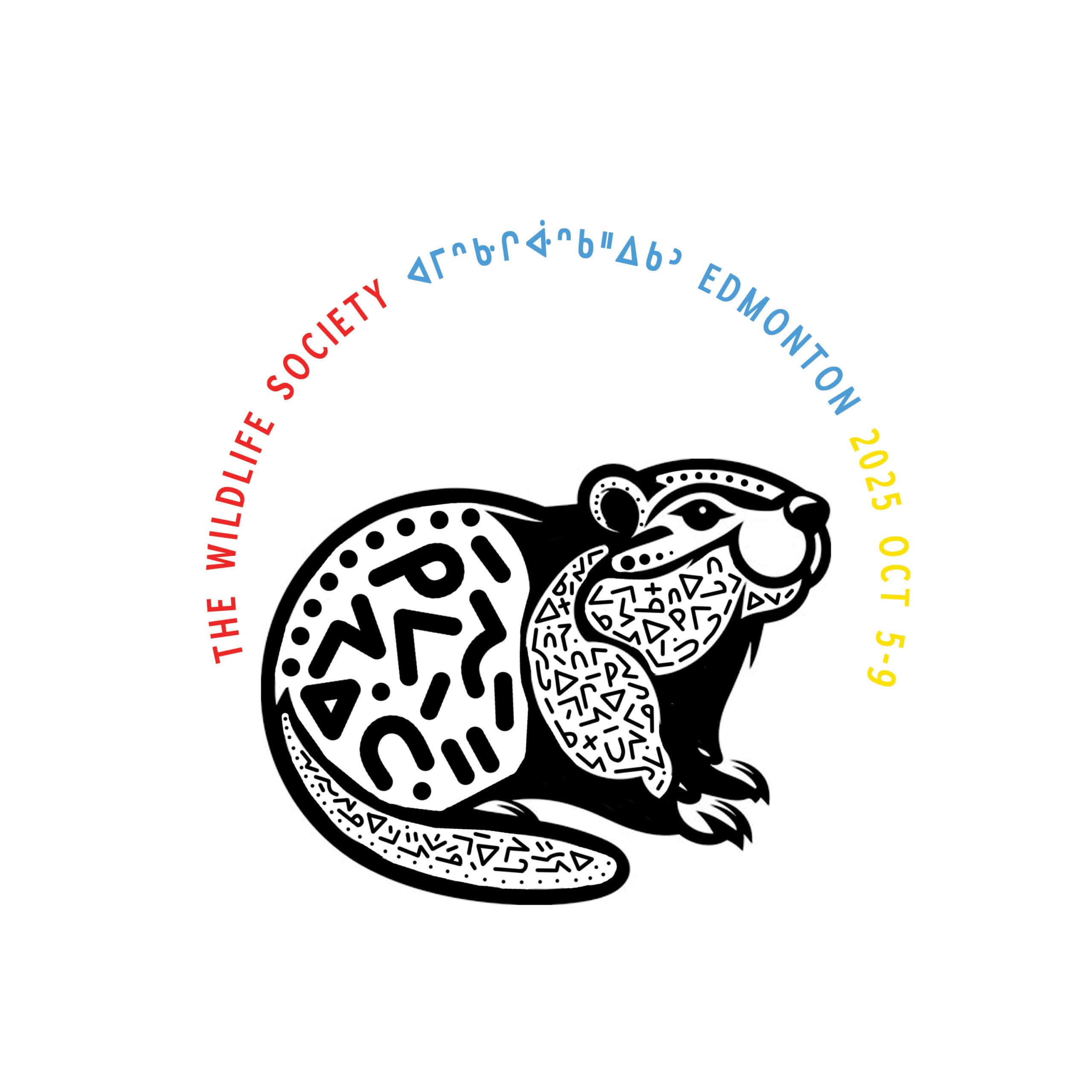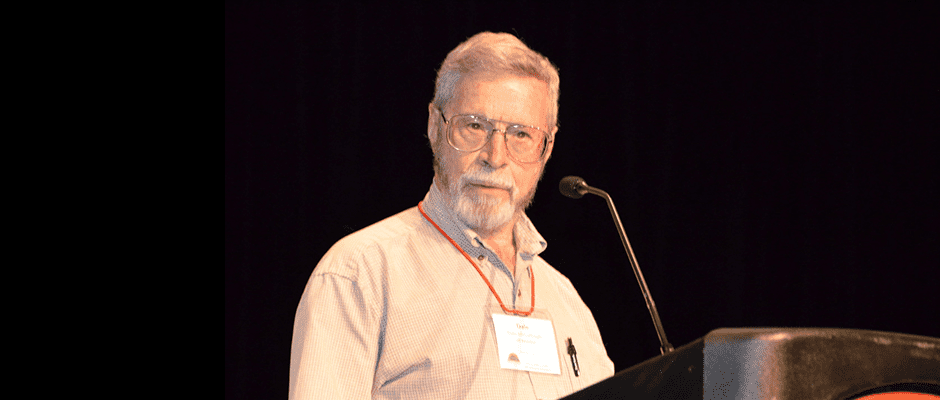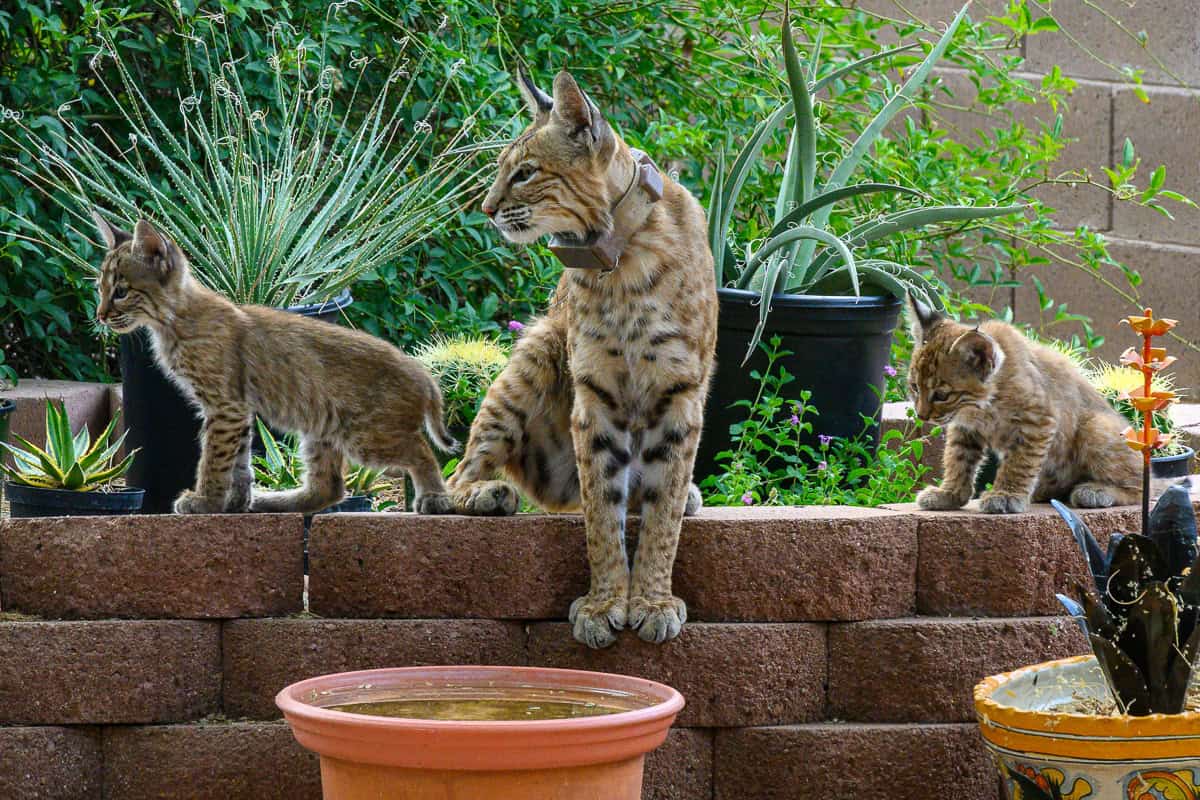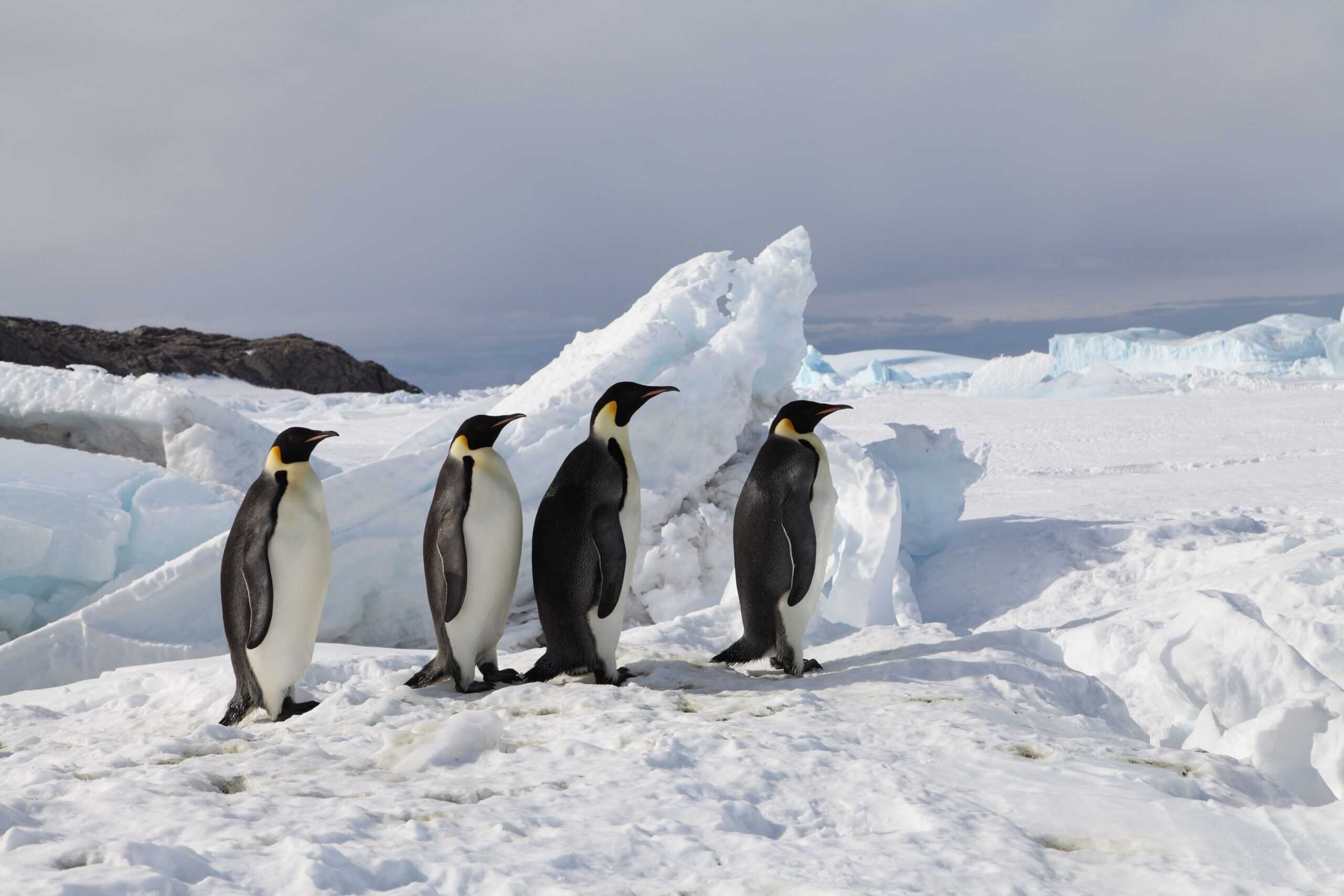Share this article
Can culture get in the way of science?: Aldo Leopold Keynote Address
Everyone is born into and develops some sort of culture. Since science requires objectivity, this can cause some challenges.
This was the topic of Dale McCullough’s Aldo Leopold Keynote Address: “Where Science Meets Culture: How Belief Systems Influence Wildlife Policy and Management.” McCullough, last year’s winner of the Aldo Leopold Memorial Award, is a professor emeritus in the Department of Environmental Science, Policy and Management and the Museum of Vertebrate Zoology at the University of California, Berkeley.
“As scientists, we need to reach objectivity and get past our belief systems and so on,” he said. “There are cultural norms, religions, politics, myths, paradigms, etc. And we have to deal with those as we’re trying to do science because very often our results go against those beliefs.”
McCullough grew up in southeastern South Dakota, where he said he quickly learned you can develop your own opinion, but if they go against the majority, you better keep them to yourself.
“As a kid, I was a contrarian,” he said. “It seemed to be in my genes.”
McCullough remembers an “aha!” moment when he was younger, driving through the countryside with some buddies. One of his friends pointed out that a flock of sheep had been sheared. But another wondered, could they be sure the sheep were sheared on the side they couldn’t see?
“It was a stupid joke, but it stuck in my mind,” he said.
For the rest of his career, McCullough used this joke to guide his research, understanding that scientists can’t assume, but they can use information to make predictions or create hypotheses. He even brought this thinking to his professors, being extremely inquisitive in his classes. “My professors didn’t like my questioning, but they thought I might have some future as a scientist,” he said.
Over the years, McCullough said, his work has often gone against the grain of popular opinion, respected wildlife biologists and conservationists, and he’s to put his culture and beliefs aside in order to advocate for the best science, from tule elk (Cervus elaphus nannodes) in California to grizzlies (Ursus arctos) in Yellowstone National Park to sika deer (Cervus Nippon) and wolves (Canis lupus) in Japan. He pushed for wolf reintroduction there, he said, but “Japanese culture was still not quite ready for that.”
His talk came to an end with THE END, his acronym for what he believes biologists should cling to, and what they should do away with.
Stick to theory, hypothesis and experiment, he said. Forget about extrapolation, nonsense and dogma.
Second Woman Aldo Leopold Winner
After McCollough’s speech, the 2017 Aldo Leopold Memorial Award was presented to Winifred “Wini” Kessler. She is the second woman in The Wildlife Society to win this honor.
“This is an incredibly special award for me for many reasons,” she said. “Like many of you, Aldo Leopold was a source of inspiration and wisdom throughout my career. … But also this particular award is from my peers and my colleagues. This is a confirmation that the things I have done in my career are important and are valued.”
Kessler said her work in the wildlife profession is not only about wildlife, but also about people.
“Wildlife are the source of our passion and provide us with purpose,” she said. “People bring the energy, the intellect, the creativity and more importantly, the relationships that make things happen.”
Kessler credits those who gave her a chance to take on positions at a time when hiring women was unpopular.
Header Image: Keynote speaker Dale R. McCullough, a professor emeritus at the University of California, Berkeley, talks about his work to recover tule elk in California. ©TWS

